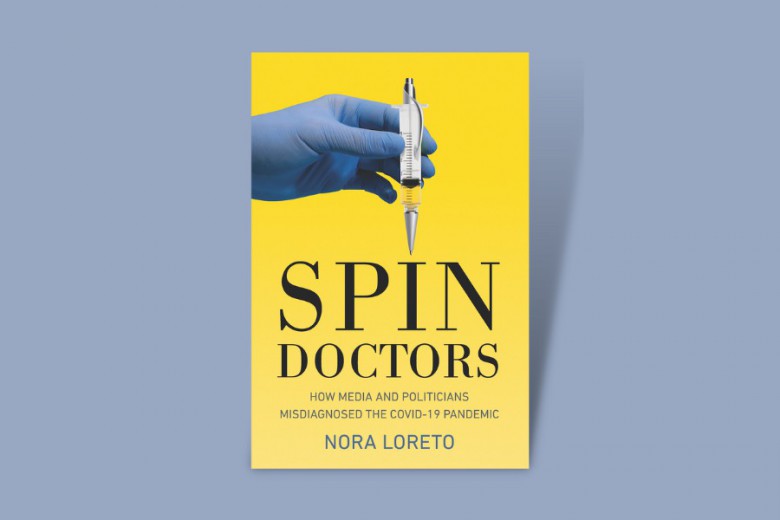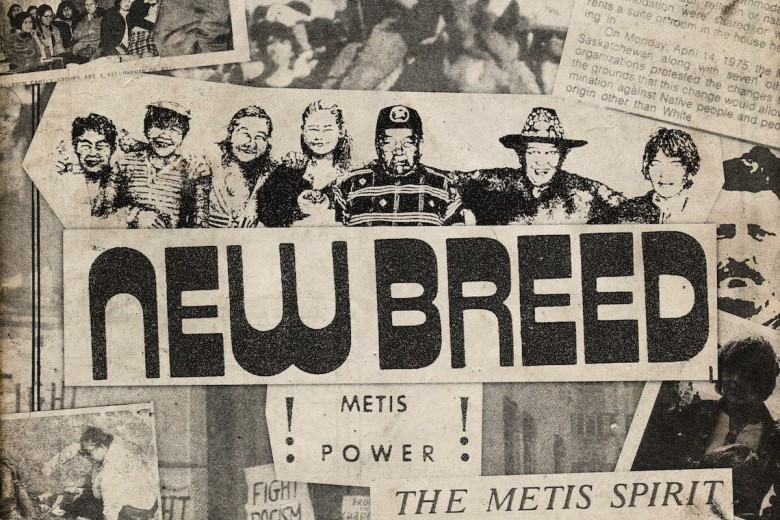
Clare Powell has clocked more than three decades as an active contributor to Briarpatch, filling almost every role we have, including writer, editor, board member, envelope stuffer, and podcast host. After retiring from a long career in the labour movement in 1999, Clare remains active as an anti-nuclear activist, Briarpatch volunteer, and host of Eclectic Café on CJTR Community Radio 91.3 FM, where he kicks back to the likes of Ella Fitzgerald and Peggy Lee.
How did you come to work at Briarpatch?
I had been working in radio for about 10 years. I started out in Flin Flon, Man., and went to four different stations in Manitoba before moving to Regina to work for the CBC for a year. I spent a short time working for the provincial government before getting into a dispute with the NDP over their support for nuclear power.
I don’t know how long I’d been buying Briarpatch but when I saw that they were looking for an editor, I applied. I think I was the only one.
What did the production process look like in 1979?
Quite different. We had an addressograph, a steel machine that stamped out lead address plates and weighed a ton. We got it over here in the back of a truck and had to set up a pulley system to haul it up the back fire escape with about five guys on the end of a rope. It was immense. We used a typesetting machine and pasted sheets of text and headlines onto each page by hand.
You came on as the editor immediately after the NDP government cut Briarpatch’s $54,000 annual funding, which comprised about two-thirds of the magazine’s budget at the time, ostensibly because it had “lost touch with its low-income origins.” Presumably, Briarpatch’s criticism of the Blakeney government’s pursuit of uranium mining and nuclear development, and its cuts to day-care and legal aid, had much to do with it.
We were all onside when it came to opposing the uranium industry. But we also started covering more union issues, and while the NDP was allegedly not anti-union, there were a lot of anti-union people, and they didn’t like the emphasis on defending the rights of union members. I suspect that was part of it too.
We had to cut back to a four-page newsletter for one month in September 1980. But we were back full-swing in October. We appealed to our supporters, and money came in. That was the only time that the magazine hasn’t published. I don’t know, quite frankly, how we managed. One person, Bev Crossman, laid herself off. One thing we did was set up the typesetting company, First Impressions, which brought in quite a bit of revenue for a while. All of us would go out to try to get business. It wasn’t easy. We just muddled through.
You didn’t skip a beat in taking the Blakeney government to task. You wrote in the first issue after the funding cut was announced that the NDP government was far from its posturing as “champion of the downtrodden and disadvantaged” and that it was content to “patch up and plaster over the most gaping inequalities in the capitalist system.”
I was very colourful, yes.
There are two schools of thought. One is that government should be neutral and provide funds for magazines. The other is that if you’re reliant on government for funding, chances are that you’ll back off from criticism, which we never did, and we paid the price.
You’ve described Briarpatch as a “champagne magazine on a beer budget.” An alternative tagline recently suggested by former editor Dave Mitchell was “scraping by since 1973.” What do you think has kept Briarpatch going for 40 years?
It’s never just the people in the office. People used to pop out of nowhere and send us articles … 90 per cent of them were better writers than I was. They didn’t get a penny. We just couldn’t afford to pay them. But they just kept coming and coming. Many of these dedicated people are still here in Regina. I’ve had a lot of disappointments with politicians and other people in my life, but not with Briarpatch.






